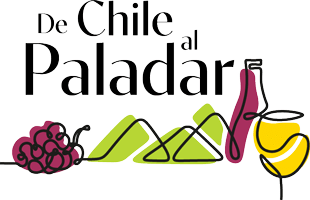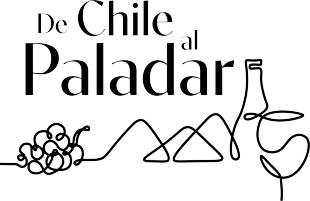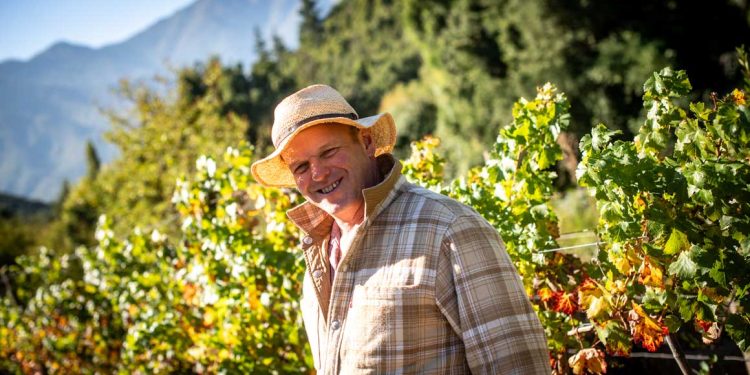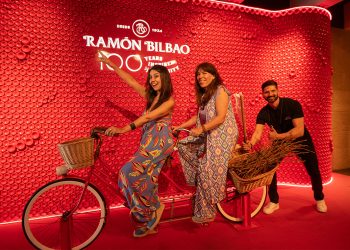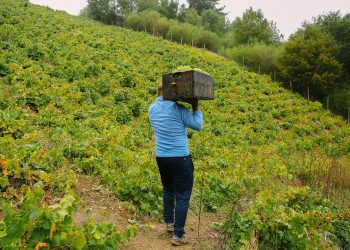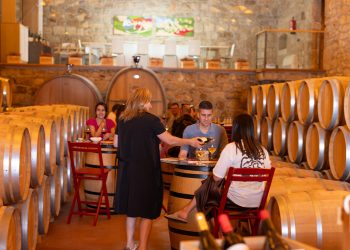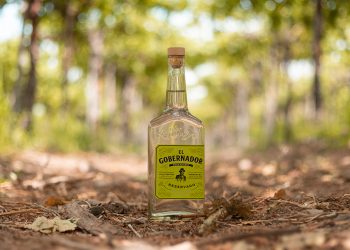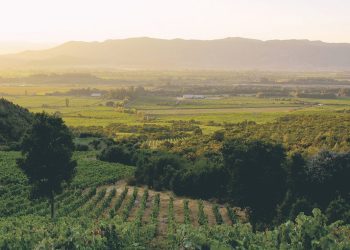From the depths of the Colchagua foothills, William Evelyn, a British winemaker who has lived in Chile for over two decades, tells us how he faced adversity, his love for mountain viticulture, and the keys that have helped him to position his brand.
He came to Chile from the UK in 1998 to work in tourism, especially in fly fishing lodges in Patagonia. In 2006 he bought a property in the Las Peñas area of San Fernando, with the idea of creating his own lodge. In 2012, with a little more knowledge and a lot of enthusiasm, he planted 1.5 hectares of cabernet sauvignon, the vineyard cultivated with this variety at the highest altitude in the O'Higgins region.
Since then, it has been a journey of many lessons learnt, through trial and error, and many unforgettable moments. For this reason, the founder of the boutique vineyard Tumuñan, knows very well what it means to fight for a dream, especially when the road has not been an easy one.
In March 2025, he has just achieved what many small producers dream of: placing his wine on a market as demanding as the Swedish one. Today, with the support of professionals such as Rafael Bianchi and Ian Hutcheon, he is going forward stronger than ever.
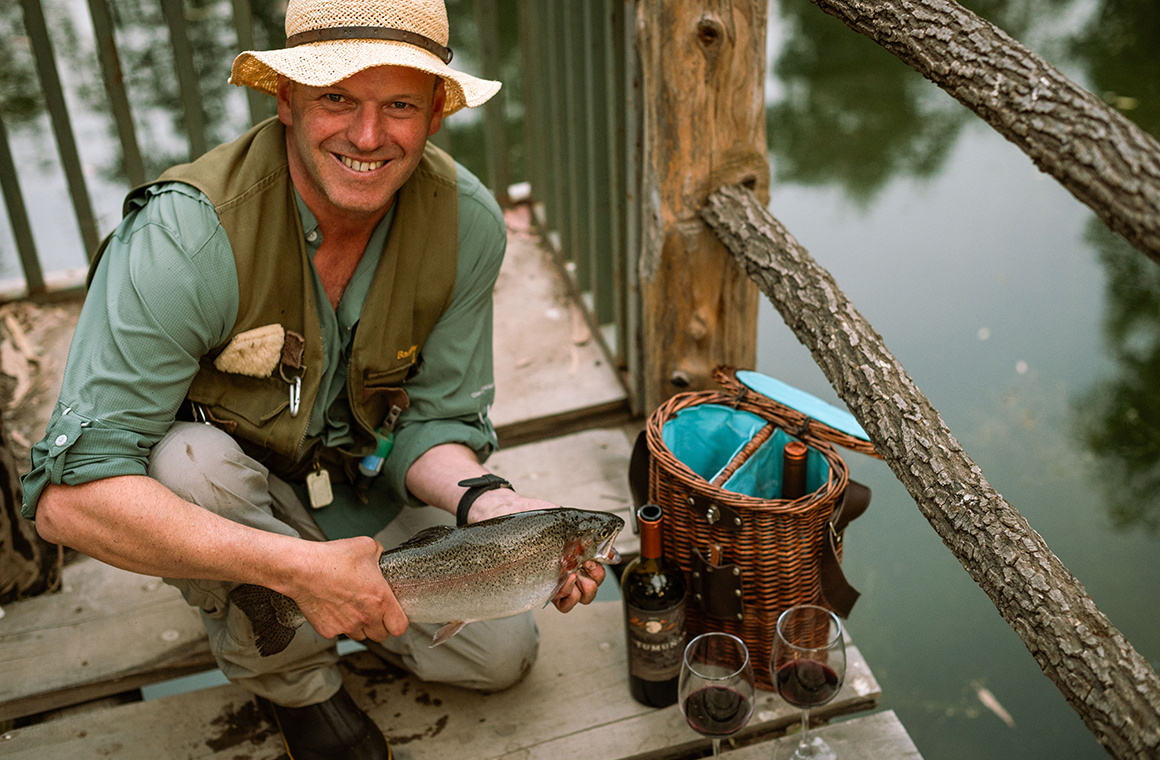
-In your opinion, what do you think are the main obstacles faced by small producers?
It is an uphill road. The first big challenge is limited resources. We often don't have the necessary budget for marketing, distribution or market research. Added to that is the difficulty of competing with established brands, the lack of distribution networks, regulatory requirements in different countries and the lack of knowledge of target markets. And when you finally get an opportunity, you are faced with the need to scale up production quickly, which is also not easy if your capacity is limited. Making wine in Chile is easy, selling it is a different story.
Re-enchantment with the same passion
-Despite all that, you achieved a recent milestone. What can you tell us about the deal you made in the international market?
Thanks to MOVI, a unique opportunity opened up: a competition limited to member wineries only, organised by a state-owned alcohol sales monopoly, with less than 15 wineries competing! Together with the talented winemaker Rafael Bianchi, a specialist in organic and biodynamic grapes, we developed a blend of Syrah and mountain Cabernet Sauvignon. And so, in September, the news came that we had won the blind tasting. And so it was that Tumuñan was positioned in Sweden, the reception has been fantastic. We had been having a hard time, with high costs and low sales. This gave us back the courage and the desire to continue investing in this life project.
-Your vineyard is located in the heart of the Colchagua Andes. What makes this terroir so special?
High altitudes generate cooler temperatures and slower ripening, resulting in vibrant acidity and concentrated flavours. Mountain soils offer excellent drainage and an abundance of minerals. In addition, intense light softens tannins and enhances colour. The result: elegant, smooth wines with great freshness and character.
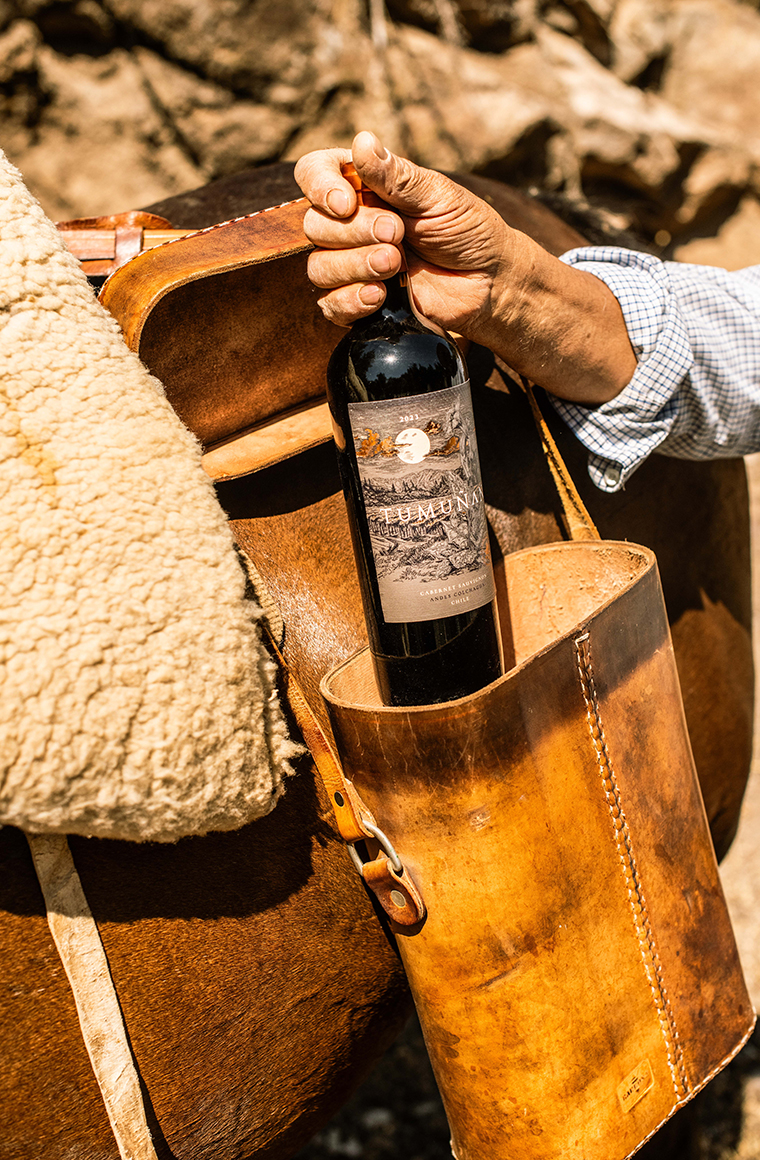
-What has allowed you to stand out and connect with international buyers?
Joining MOVI was a turning point. As we say here, "better to be the tail of a lion than the head of a mouse". MOVI not only brings prestige, it also facilitates contact with buyers, sommeliers and specialised press. And of course, having a creative label with identity, inspired by the Andes and with words in Mapudungun, also helps to tell our story.
-Do you see real opportunities for small Chilean wineries to grow abroad?
In all honesty, less and less. The market is saturated, global consumption has fallen by 20%, and many consumers are more careful with their spending. In addition, producing wine in Chile is not cheap and the government's mandatory graphic warnings are a huge obstacle to attracting new audiences.
-Sustainability seems to be a strong pillar in your project, how do you apply it in Tumuñan?
For me it's not a fashion, it's a way of life. I love the environment where I live, so producing cleanly is a duty and a pleasure. Our vineyard is organic, and we make our wine at the Koyle winery, which has an exemplary commitment to sustainability. It is also very close by, which reduces our carbon footprint.
- Finally: what's next for Tumuñan, both internationally and locally?
We are focused on strengthening our presence in Sweden, where we are already seeing good results. We are also exporting to Brazil and the United Kingdom, and we have our sights set on the United States. Locally, we want to further enhance our wine tourism and this year we hope to plant our first chardonnay vines.
More info at https://vinatumunan.com/
Check out the previous article: Marcelo García among the 100 best winemakers in the world
